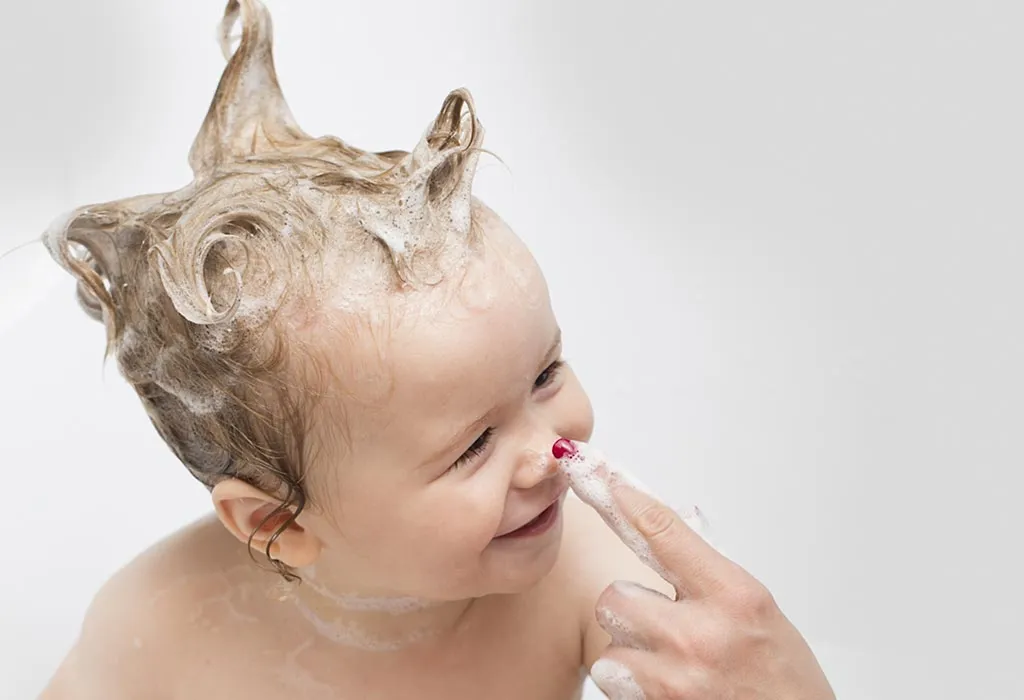
A Comprehensive Guide to Caring for Your Baby’s Hair
The arrival of a newborn brings immense joy and responsibility, and among the many aspects of caring for your little one, their delicate hair requires special attention. From understanding the unique characteristics of baby hair to implementing gentle grooming practices, this comprehensive guide will provide you with all the essential knowledge and techniques to nurture and protect your baby’s precious locks.
Understanding Baby Hair
Baby hair is significantly different from adult hair, both in structure and growth patterns. It is typically finer, softer, and more fragile, with a shorter growth cycle. The hair follicles are also less developed, making baby hair more prone to breakage and tangles.
Grooming Essentials
To care for your baby’s hair effectively, you will need a few essential grooming tools:
- Soft-bristled brush: A brush with soft, natural bristles is ideal for gently removing tangles and distributing natural oils.
- Wide-toothed comb: A wide-toothed comb can help detangle hair without causing breakage.
- Baby shampoo and conditioner: Choose gentle, tear-free products specifically formulated for babies’ delicate hair and scalp.
- Washcloth or soft towel: Use a soft washcloth or towel to gently pat your baby’s hair dry.
Step-by-Step Grooming Routine
1. Bathing:
- Wet your baby’s hair with lukewarm water.
- Apply a small amount of baby shampoo to your hand and gently massage it into their scalp.
- Rinse thoroughly with lukewarm water.
- If desired, apply a small amount of baby conditioner to the ends of their hair and leave it in for a few minutes before rinsing.
2. Drying:
- Gently pat your baby’s hair dry with a soft washcloth or towel.
- Avoid rubbing or twisting their hair, as this can cause breakage.
3. Brushing and Combing:
- Once your baby’s hair is dry, use a soft-bristled brush to gently remove any tangles.
- Start at the ends of their hair and work your way up to the roots.
- If you encounter any stubborn tangles, use a wide-toothed comb to gently separate them.
4. Styling:
- Baby hair does not require elaborate styling.
- If desired, you can use a small amount of baby hair gel or mousse to create a gentle hold.
- Avoid using hairspray or other styling products that can be harsh on their delicate hair.
Special Considerations
- Cradle cap: Cradle cap is a common condition in babies that causes crusty, yellow scales on the scalp. It is not harmful and usually resolves on its own within a few months. To help manage cradle cap, gently massage your baby’s scalp with a soft brush or washcloth during bath time.
- Dry scalp: Some babies may experience dry scalp, which can cause flaking and itching. To soothe dry scalp, apply a small amount of baby oil or coconut oil to their scalp and gently massage it in.
- Hair loss: It is normal for babies to lose some hair in the first few months of life. This is due to the hormonal changes they experience after birth. The hair will typically grow back within a few months.
Additional Tips
- Avoid over-washing: Over-washing can strip your baby’s hair of its natural oils, making it dry and brittle. Wash their hair only when necessary, typically once or twice a week.
- Use lukewarm water: Hot water can damage baby hair. Always use lukewarm water when bathing and rinsing their hair.
- Be gentle: Baby hair is delicate, so handle it with care. Avoid pulling or tugging on their hair, and use gentle brushing and combing techniques.
- Protect from the sun: Prolonged exposure to the sun can damage baby hair. If you are going to be outdoors for an extended period, cover your baby’s head with a hat or scarf.
- Consult a healthcare professional: If you have any concerns about your baby’s hair, such as excessive hair loss or persistent scalp conditions, consult a healthcare professional for guidance.
Conclusion
Caring for your baby’s hair is an important aspect of their overall well-being. By understanding the unique characteristics of baby hair and implementing gentle grooming practices, you can nurture and protect their delicate locks, ensuring they grow healthy and strong. Remember to be patient and gentle, and always consult a healthcare professional if you have any concerns.
